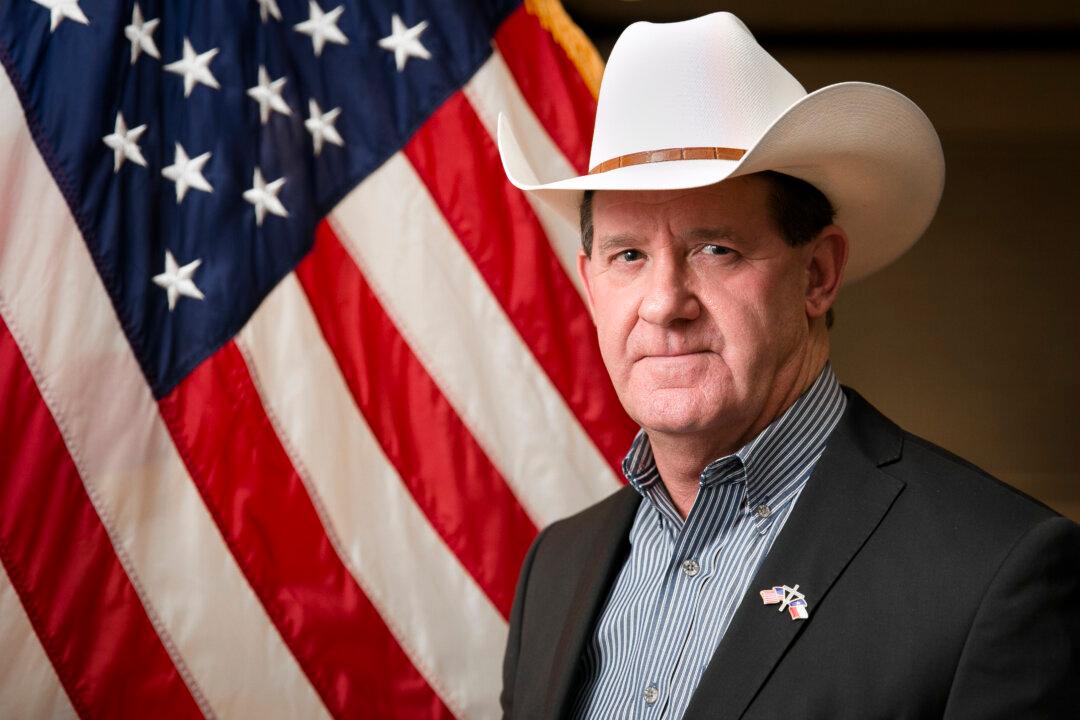WASHINGTON—Detective Nick Rogers started to see heroin on the streets of Denver beginning in 2006. As he racked up the arrests, he discovered that the heroin was coming from Mexico and the parties selling it were from Mexico and Honduras.
“They were mostly young, 18- to 25-year-old, illegal aliens from Mexico, but as the years went by, some started coming from Honduras and Nicaragua,” Rogers said at a hearing on sanctuary cities and the opioid crisis on Feb. 15.





